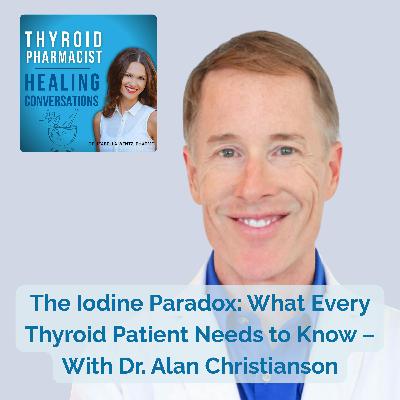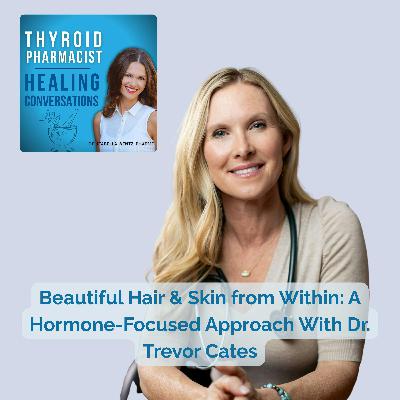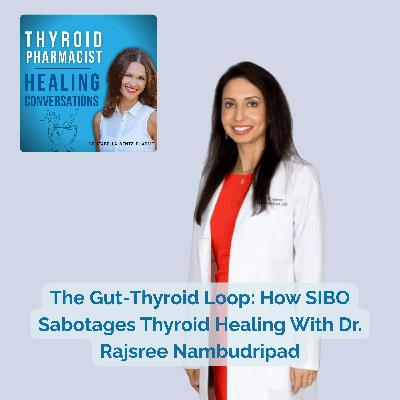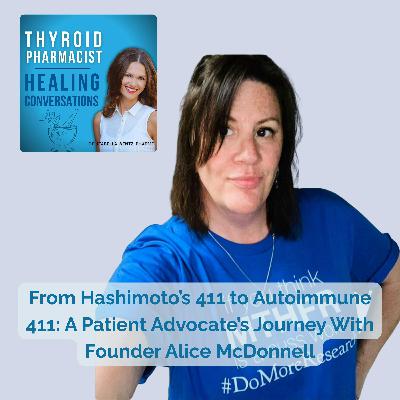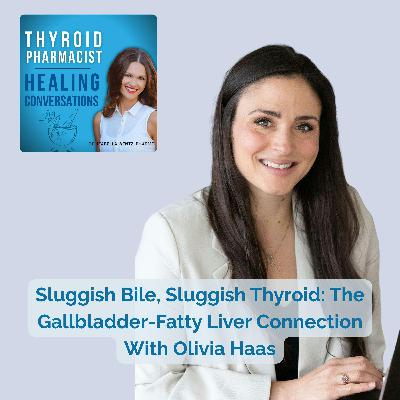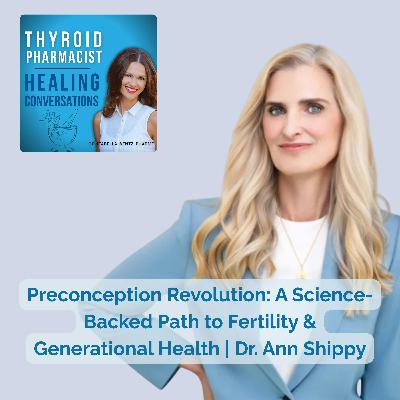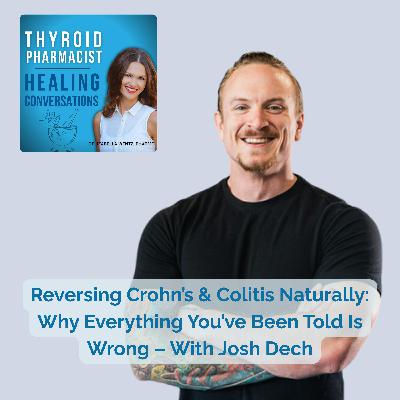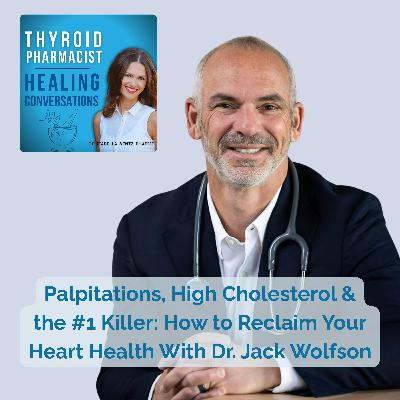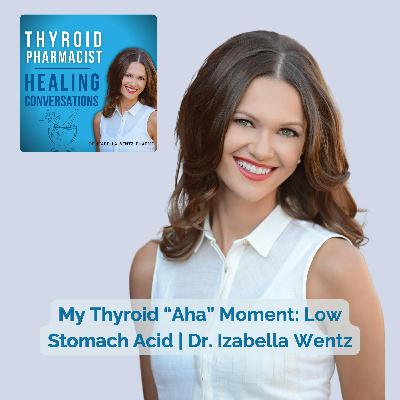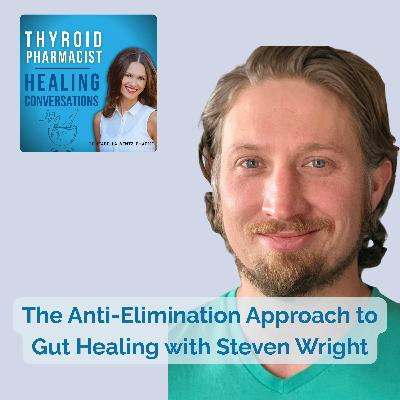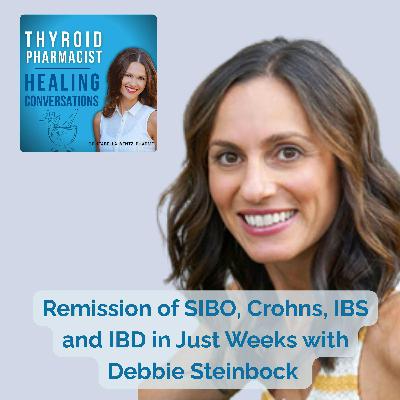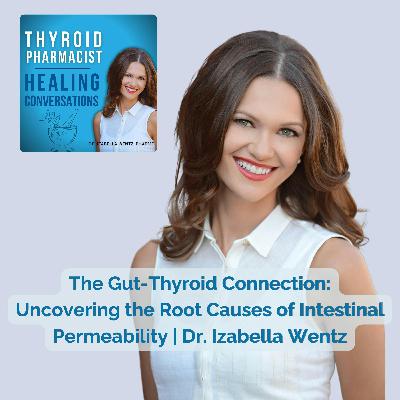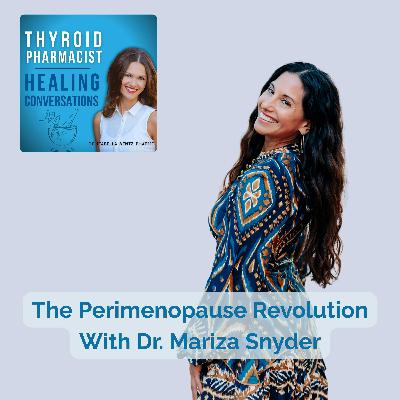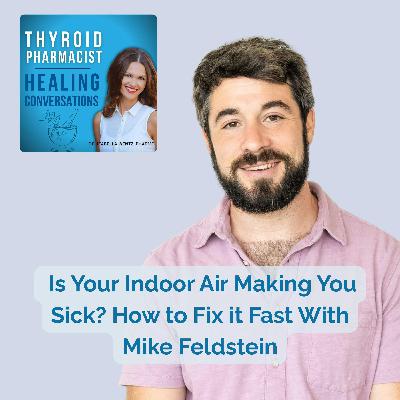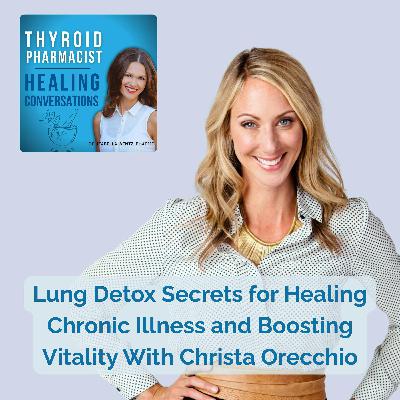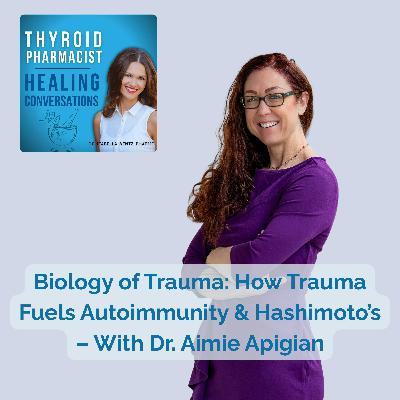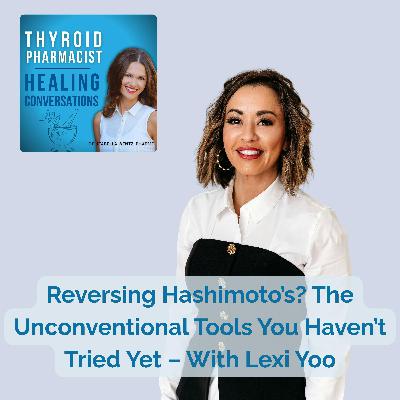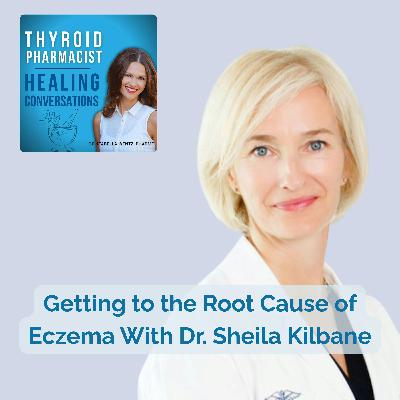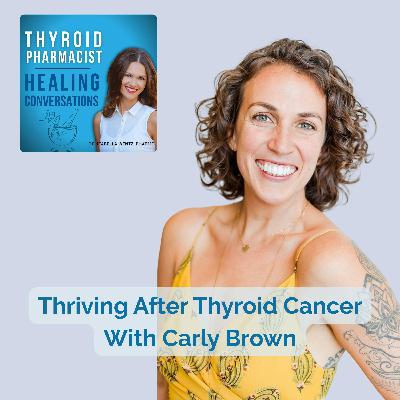63: The Iodine Paradox: What Every Thyroid Patient Needs to Know – With Dr. Alan Christianson
Description
In this episode of Thyroid Pharmacist Healing Conversations, Dr. Izabella Wentz speaks with naturopathic endocrinologist and bestselling author Dr. Alan Christianson about the controversial role of iodine in thyroid health. While iodine is essential in small amounts, excess intake has been shown to trigger Hashimoto’s, worsen autoimmunity, and disrupt thyroid function.
Dr. Christianson shares how a carefully structured low iodine protocol has helped many of his patients reduce antibodies, normalize TSH, and in some cases, taper off thyroid medications. He also explores hidden dietary and lifestyle sources of iodine, why genetics play a role in tolerance, and how supporting nutrients like selenium and vitamin D can protect thyroid health.
What you’ll learn in this episode:
Why iodine is a double-edged sword for the thyroid. While essential in small amounts, iodine has one of the narrowest therapeutic ranges of any nutrient. Too much can trigger Hashimoto’s, worsen autoimmunity, and cause the thyroid to “shut down,” leading to hypothyroidism.
The genetic factor in iodine tolerance. Dr. Christianson explains how some people are adapted to coastal diets rich in iodine, while others with “inland genetics” are much more sensitive. These differences can explain why some people tolerate seaweed and kelp – while others see skyrocketing antibodies.
Hidden sources of iodine in your diet and home. Beyond seaweed snacks and iodized salt, high iodine exposure can come from dairy, processed bread, prenatal vitamins, and even personal care products like conditioner and lotion. Identifying these sources is a key step toward healing.
How a low-iodine reset can help the thyroid recover. Short-term iodine reduction (below ~100 mcg/day) can give the thyroid space to heal. Dr. Christianson shares research and patient stories showing that many people who stick with the reset see dramatic improvements, from normalizing thyroid labs to lowering antibodies, often within just a few months.
When to discuss med changes with your doctor. In some cases, a supervised low-iodine protocol may allow for gradual reductions in thyroid medication. Dr. Christianson notes that studies show many patients can safely lower – and some even stop – their meds, but emphasizes this process must be done cautiously, with close monitoring.
The co-nutrients that widen your “safety window.” Selenium, zinc, vitamin D, and iron aren’t optional extras; they’re critical for how your thyroid handles iodine. These nutrients support the enzymes that regulate iodine metabolism and help protect the thyroid from oxidative stress. When they’re low, excess iodine does more damage; when they’re optimized, your thyroid can tolerate a wider range without flaring. autoimmunity.
Be sure to subscribe to the Thyroid Pharmacist Healing Conversations podcast so you don’t miss an episode! Sign up for the Thyroid Pharmacist Weekly Thyroid Solutions Newsletter here: https://thyroidpharmacist.com/gift/
For the full list of resources and products mentioned in this episode, and to get the full episode transcript, see complete show notes here: https://thyroidpharmacist.com/articles/podcast/
Learn more about your ad choices. Visit megaphone.fm/adchoices

